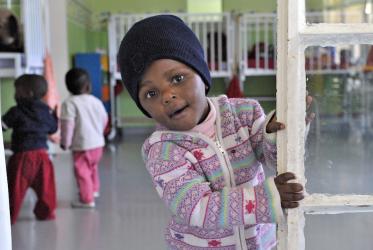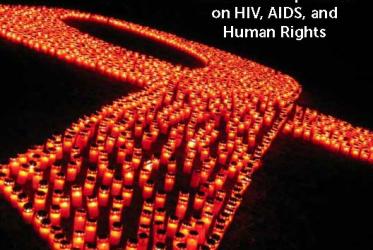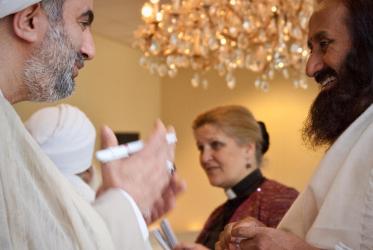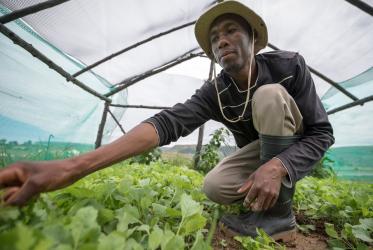Displaying 21 - 39 of 39
Keeping the Faith in Development: Gender, Religion and Health
20 September 2016
Salvation Army Auditorium, New York City, United States
Peacebuilding and Advocacy for Just Peace
01 - 05 December 2014
Sigtuna, Sweden - Attendance by invitation only.





